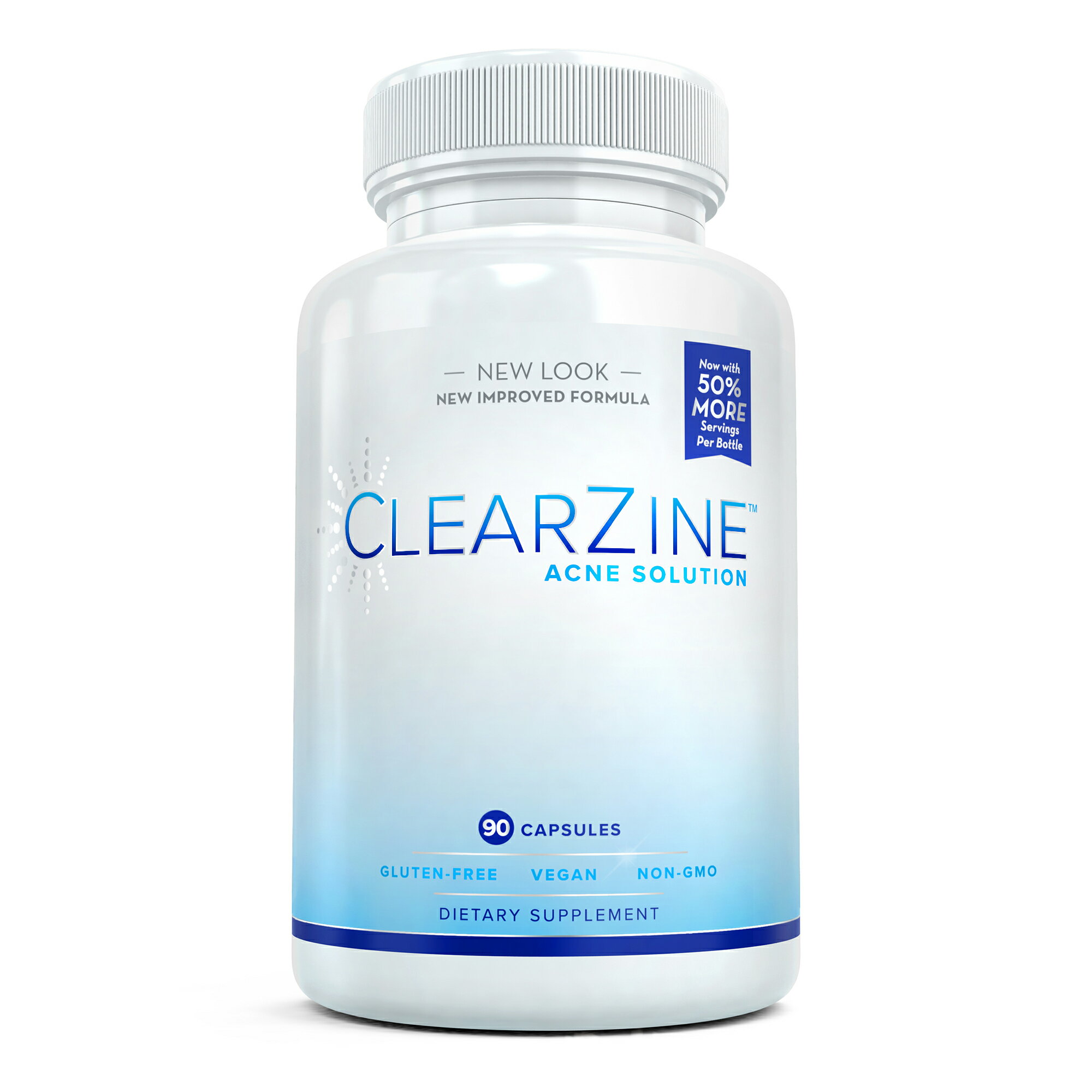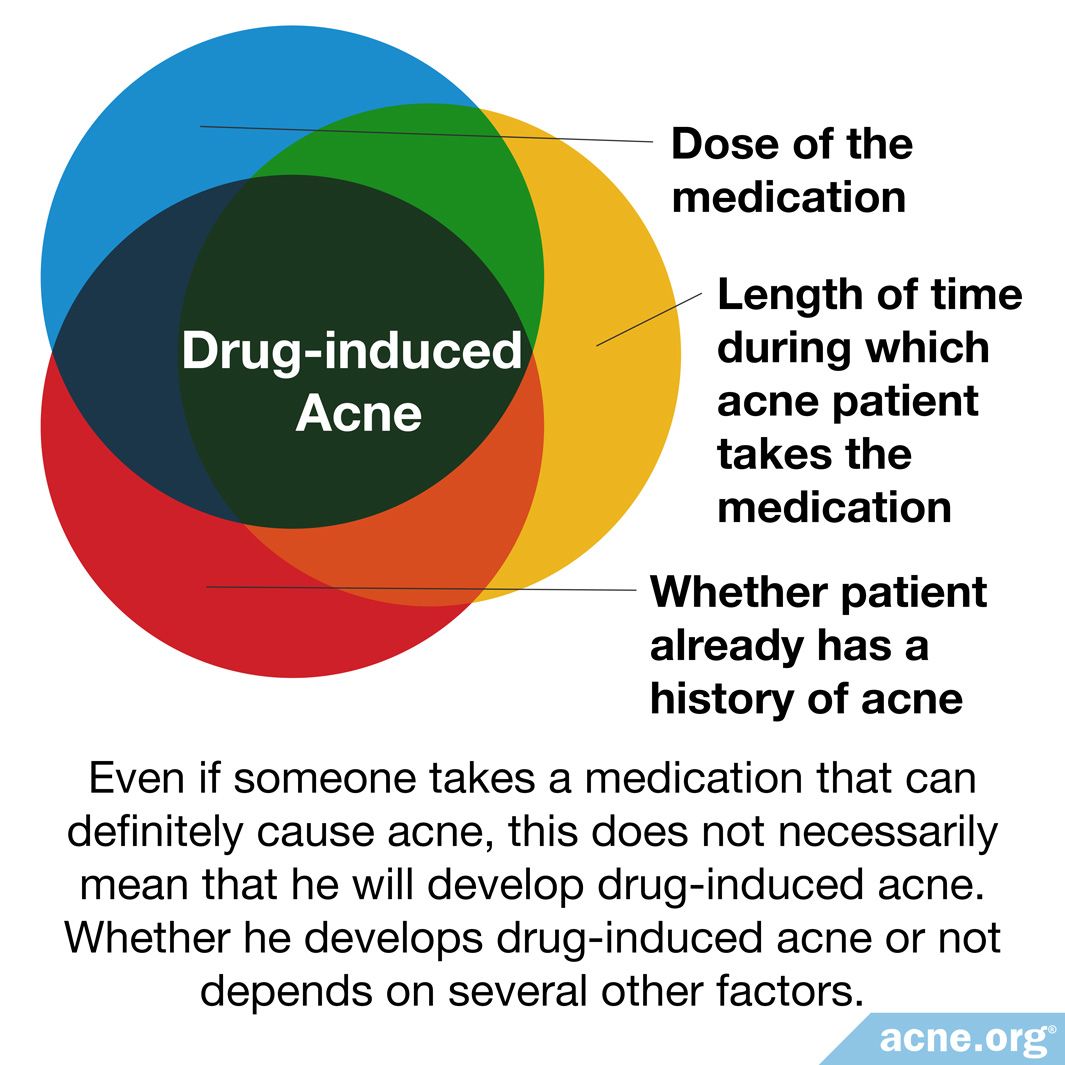Supplements And Acne: Uncovering Potential Triggers
Supplements and Acne: Uncovering Potential Triggers
Related Articles: Supplements and Acne: Uncovering Potential Triggers
Introduction
In this auspicious occasion, we are delighted to delve into the intriguing topic related to Supplements and Acne: Uncovering Potential Triggers. Let’s weave interesting information and offer fresh perspectives to the readers.
Table of Content
- 1 Related Articles: Supplements and Acne: Uncovering Potential Triggers
- 2 Introduction
- 3 Supplements and Acne: Uncovering Potential Triggers
- 3.1 Unveiling the Mechanisms: How Supplements Can Influence Acne
- 3.2 Supplements Commonly Associated with Acne Breakouts: A Detailed Examination
- 3.3 Importance of Individualized Approach: Recognizing Your Triggers
- 3.4 Frequently Asked Questions: Addressing Common Concerns
- 3.5 Conclusion: Navigating the Complex Landscape of Supplements and Acne
- 4 Closure
Supplements and Acne: Uncovering Potential Triggers

Acne, a common skin condition characterized by blemishes, pimples, and inflamed lesions, affects a significant portion of the population. While hormonal fluctuations, genetics, and environmental factors are recognized contributors, the role of dietary supplements in acne development is gaining increasing attention. While many supplements offer potential health benefits, some can inadvertently trigger or exacerbate acne breakouts. Understanding these potential triggers is crucial for individuals seeking to manage their skin health effectively.
Unveiling the Mechanisms: How Supplements Can Influence Acne
The connection between supplements and acne arises from various mechanisms. Some supplements may directly stimulate sebum production, the oily substance that contributes to clogged pores and acne formation. Others can trigger inflammation or alter the gut microbiome, indirectly impacting skin health and increasing acne susceptibility.
1. Increased Sebum Production:
Certain supplements, particularly those containing vitamin B12, vitamin D, and zinc, have been linked to increased sebum production. While these nutrients are essential for overall health, excessive intake can potentially disrupt the delicate balance of sebum production, leading to clogged pores and acne breakouts.
2. Hormonal Imbalances:
Some supplements, like whey protein, can influence hormone levels. Whey protein, a popular supplement for athletes and fitness enthusiasts, contains high levels of leucine, an amino acid that can stimulate the production of insulin-like growth factor 1 (IGF-1). IGF-1, in turn, can influence androgen production, a hormone associated with acne development.
3. Inflammation:
Inflammation plays a significant role in acne pathogenesis. Certain supplements, such as fish oil and flaxseed oil, rich in omega-3 fatty acids, can exhibit anti-inflammatory properties. However, some individuals may experience an increase in inflammation from these supplements, potentially exacerbating acne.
4. Gut Microbiome Imbalances:
The gut microbiome, the complex ecosystem of bacteria residing in the digestive tract, plays a crucial role in overall health, including skin health. Certain supplements, such as probiotics, aim to promote a balanced gut microbiome. However, some individuals may experience an imbalance in gut bacteria due to specific probiotic strains, leading to increased inflammation and acne.
5. Individual Sensitivities:
It is essential to acknowledge that individual responses to supplements can vary significantly. While some individuals may tolerate specific supplements without any adverse skin effects, others may experience acne breakouts.
Supplements Commonly Associated with Acne Breakouts: A Detailed Examination
1. Vitamin B12:
Vitamin B12, an essential nutrient for cell growth and development, is often found in multivitamins and energy supplements. While crucial for overall health, excessive intake can lead to increased sebum production, contributing to acne breakouts.
2. Vitamin D:
Vitamin D, essential for calcium absorption and bone health, is often supplemented to address deficiencies. However, high doses of vitamin D can stimulate sebum production, potentially triggering acne.
3. Zinc:
Zinc, a vital mineral involved in immune function and wound healing, is often supplemented for its purported benefits for skin health. However, excessive zinc intake can lead to increased sebum production and contribute to acne breakouts.
4. Whey Protein:
Whey protein, a popular supplement for athletes and fitness enthusiasts, is a rich source of leucine, an amino acid that can stimulate IGF-1 production. IGF-1 can influence androgen production, a hormone associated with acne development.
5. Fish Oil and Flaxseed Oil:
Fish oil and flaxseed oil, rich in omega-3 fatty acids, are often promoted for their anti-inflammatory properties. However, some individuals may experience an increase in inflammation from these supplements, potentially exacerbating acne.
6. Probiotics:
Probiotics, live bacteria that aim to promote a healthy gut microbiome, are increasingly popular. While they can offer various health benefits, some individuals may experience an imbalance in gut bacteria due to specific probiotic strains, leading to increased inflammation and acne.
7. Creatine:
Creatine, a supplement often used by athletes to enhance performance, can increase sebum production, potentially contributing to acne breakouts.
8. Caffeine:
Caffeine, a stimulant commonly found in energy drinks and coffee, can increase cortisol levels, a stress hormone that can exacerbate acne.
9. Iodine:
Iodine, an essential mineral for thyroid function, can stimulate sebum production and worsen acne in individuals with iodine sensitivity.
10. Glucosamine:
Glucosamine, a supplement often used to support joint health, can trigger acne breakouts in some individuals due to its potential to increase sebum production.
Importance of Individualized Approach: Recognizing Your Triggers
It is crucial to understand that the relationship between supplements and acne is complex and highly individualized. What triggers acne in one person may not affect another. Factors such as genetics, hormonal status, and skin type play a significant role in determining individual susceptibility.
Frequently Asked Questions: Addressing Common Concerns
1. Can all supplements cause acne?
No, not all supplements are associated with acne breakouts. Many supplements offer potential health benefits without triggering acne. However, certain supplements, particularly those discussed above, have been linked to increased sebum production, inflammation, or hormonal imbalances, which can contribute to acne development.
2. How can I determine if a supplement is causing my acne?
Identifying a potential trigger requires careful observation and elimination. If you suspect a particular supplement is contributing to your acne, try eliminating it from your diet for a few weeks and observe any changes in your skin. If your acne improves, it may indicate that the supplement was a contributing factor.
3. What should I do if I suspect a supplement is causing my acne?
If you suspect a supplement is contributing to your acne, consult with a dermatologist or healthcare professional. They can help determine if the supplement is indeed a trigger and recommend appropriate management strategies.
4. Are there any supplements that can help with acne?
While some supplements may trigger acne, others can potentially help manage the condition. For example, certain supplements containing vitamin A (retinol) or alpha-hydroxy acids (AHAs) are known to have beneficial effects on acne. However, it is crucial to consult with a dermatologist or healthcare professional before incorporating any new supplements into your routine.
5. What are some general tips for managing acne?
In addition to identifying potential triggers, following these general tips can help manage acne:
- Maintain a consistent skincare routine: Cleanse your face twice daily with a gentle cleanser, use a non-comedogenic moisturizer, and consider incorporating products containing salicylic acid or benzoyl peroxide.
- Avoid touching your face: Touching your face can transfer bacteria and oils, contributing to acne breakouts.
- Manage stress: Stress can exacerbate acne. Find healthy ways to manage stress, such as exercise, meditation, or spending time in nature.
- Consume a balanced diet: Eating a balanced diet rich in fruits, vegetables, and whole grains can support overall health and potentially improve skin health.
Conclusion: Navigating the Complex Landscape of Supplements and Acne
The relationship between supplements and acne is multifaceted and requires a nuanced understanding. While many supplements offer potential health benefits, some can inadvertently trigger or exacerbate acne breakouts. It is essential to be mindful of potential triggers, consult with a healthcare professional, and adopt a personalized approach to supplement use and acne management. By recognizing individual sensitivities and taking proactive steps to address potential triggers, individuals can strive for clear and healthy skin while enjoying the benefits of a balanced lifestyle.








Closure
Thus, we hope this article has provided valuable insights into Supplements and Acne: Uncovering Potential Triggers. We hope you find this article informative and beneficial. See you in our next article!
You may also like
Recent Posts
- The Art Of Persuasion: A Comprehensive Guide To Makeup Product Label Design
- A Comprehensive Look At Mary Kay Cosmetics: Reviews, Insights, And Considerations
- Affordable Skin Care: A Guide To Effective Products Under INR 100
- Navigating The World Of Mary Kay Discounted Products: A Comprehensive Guide
- The Power Of High-Resolution Images: A Guide To Acquiring The Best Visuals For Your Projects
- The Power Of Reviews: Navigating The World Of Makeup Products
- Swiss Beauty Makeup: A Comprehensive Guide To Quality And Affordability
- Embracing Natural Beauty: Makeup Tips And Techniques For Women Over 50
Leave a Reply